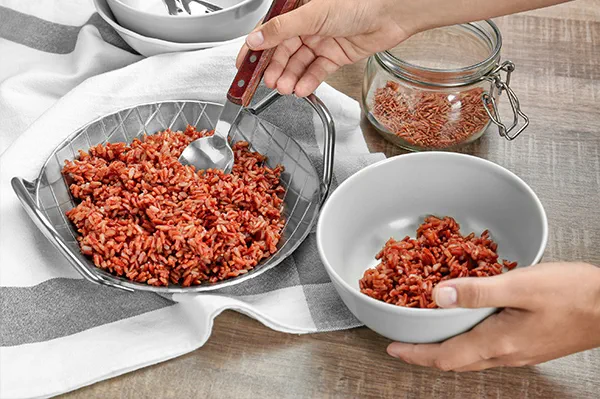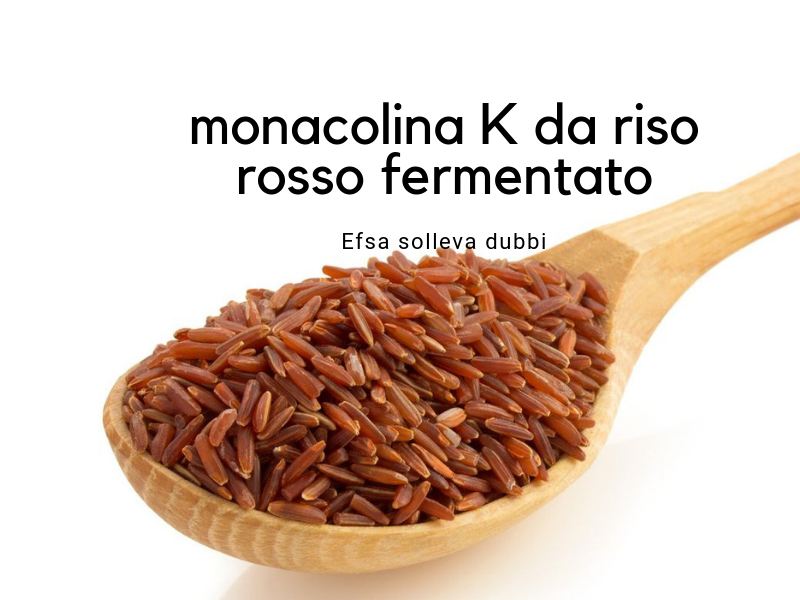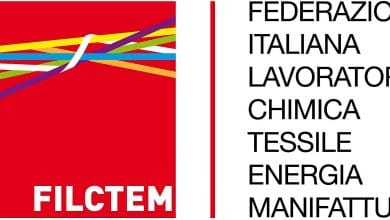
Toxicity Red Fermented Rice
 In June of this year, precisely on 22 June 2022, the new Regulation on the intake of red fermented rice wanted by the European Union came into force to, according to them, protect against possible adverse effects.
In June of this year, precisely on 22 June 2022, the new Regulation on the intake of red fermented rice wanted by the European Union came into force to, according to them, protect against possible adverse effects.
This regulation states that there must not be a quantity of molacolin K greater than 10mg!
BUT IS RED FERMENTED RICE REALLY TOXIC?
I report the data of the Italian Higher Institute of Health and precisely of the Department of Phytovigilance:
From April 2002 to September 2015, out of a total of 1261 reports, 52 reports, relating to 55 adverse reactions, concerned supplements based on red yeast rice. Specifically, the reported reactions consisted of:
- myalgia and/or increased creatine phosphokinase (19)
- rhabdomyolysis (1)
- gastrointestinal reactions (12)
- liver damage (10)
- skin reactions (9)
- other types of reactions (4).
The mean age of the 52 subjects was 64 years, the 70% were female; in 13 cases (25%) the reaction required hospitalization and 28 patients (54%) were taking drugs. The evaluation of the causal relationship (ie the probability of the association between the adverse reaction and the product taken) resulted certain in 1 case, likely in 31 cases, possible at 18, unlikely in 3 e not evaluable in 2 cases.
The report shows that there are only 1 cases directly connected to ascertained phenomena of toxicity to red fermented rice, while others are divided into possible and probable, therefore not certain.
 Instead of seeking further scientific insights, the European Union prefers to give completely arbitrary and useless values of molacolin k.
Instead of seeking further scientific insights, the European Union prefers to give completely arbitrary and useless values of molacolin k.
Paul Pellini Herbochemist Profession Pharmacognostic and Cytotoxicological Research on Plant Extracts of Medicinal Plants
Scientific Director and Founder of Cytotoxicology Research Italy
http://www.paolopelinierbochimico.it
Received in the editorial staff on 10 September 2022
Editor's note: Red yeast rice is obtained by fermenting raw rice with yeasts, mainly with Monascus purpureus : thanks to the action of the latter, the rice is enriched with a substance, Monacolin K, which has proven to be effective in reducing blood cholesterol levels.
European regulation monacolins from fermented red rice
EFSA opinion on the safety of monacolin K in red yeast rice (2018)





